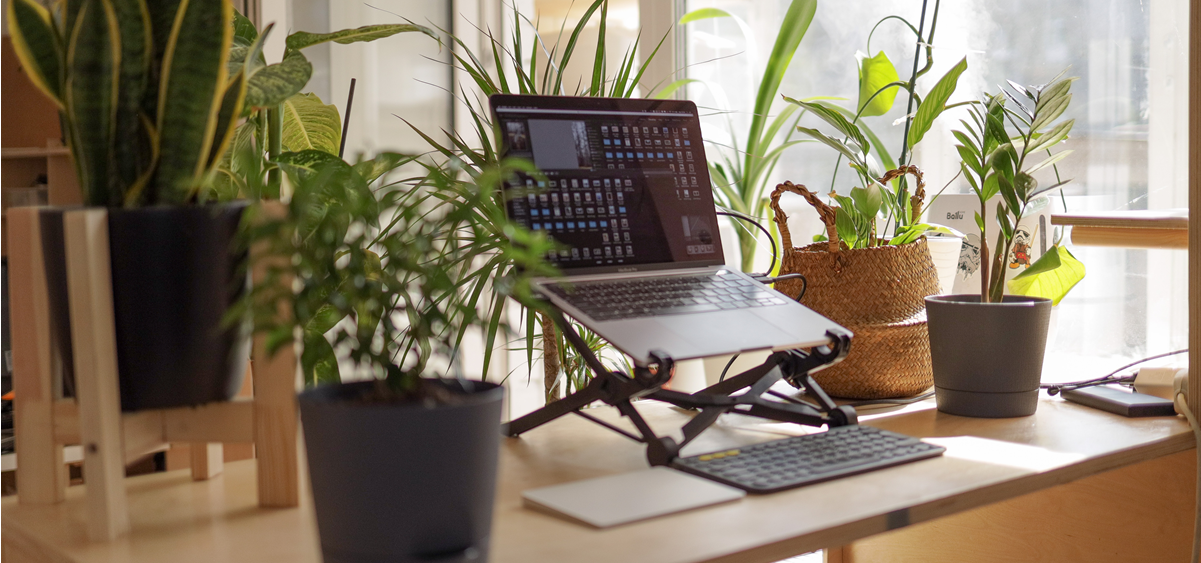Life is change. I know this. Even the reliable turns of the seasons do not go as expected, do they? If we are to see, there is beauty in the everyday minutiae of change.
And I believe in progress, less of the advancement of human enterprise, rather of the mindful approach to our human experience –
- towards greater awareness of who we are in the worlds we inhabit, whether personal or professional,
- towards greater connection to these worlds,
- towards greater understanding of our impact on them,
and to these, I have unwittingly been seduced since a young age, fuelled by an insatiable curiosity.
It is a beautiful seduction, though not necessarily easy or without pain.
This mindful approach requires an open mind and a vulnerable heart. And I am not without the scars to prove them.
The greater awareness to life also requires us to let go of the past and our ideas of the future, to have the willingness to be present without judgment and to see the world afresh. The wonder and intrigue that come our way when we allow ourselves to experience them.
Put aside the critical thoughts based on a past conditioning of what the future should be.
My daughter recently sang in a concert and for the first time, she did so in her school uniform. It was a school day after all. I remember when she eschewed the idea of changing from her school uniform, judgment flooded my mind questioning her dedication to her craft and fear that she wouldn’t be taken seriously. This lasted for a brief moment then I let those thoughts go. These are unwarranted worries and anxieties. My mind has always been an incredible trickster.
Her performance that evening was her best so far, for she captivated with her voice and composure, expressing her emotions from within. I looked around the room, and saw an audience rapt with attention, spellbound by her haunting rendition of “Burn” from the musical “Hamilton”. It seems she had developed a confidence grounded within herself; a fragile bubble at times for creative people. I am truly grateful that I did not prod at it with my unruly thoughts. To trust the process and let things unfold is not easy, but do-able.
Not all things change however… at least not at the speed or time that we expect them to. It is our expectation then which creates disappointment, hurt and pain.
Hope is present, expectation is merely a conditioned thought.
Expectations interfere with our connection to the world, for it is because of our fear for the myriad of unmet expectations – that our love will be betrayed, our vulnerability will be shamed, our curiosity mocked – that we distance ourselves from being alive in the moment to our work and relationships.
Identify a destination by all means, chart our course and trust that we have the capacity to undertake the journey. We do. Planning may be useful, but the fixation with each manoeuvre will inhibit our adaptability to change.
A mindful approach requires us to employ our senses in each moment, untainted by the past. Memories, “good or bad”, have their uses; we may not forget but we sure don’t need to be ruled by them.
Being mindful in a changing world requires trust, in ourselves and the unfolding life.
Each moment is a new moment.
~ FlorenceT








